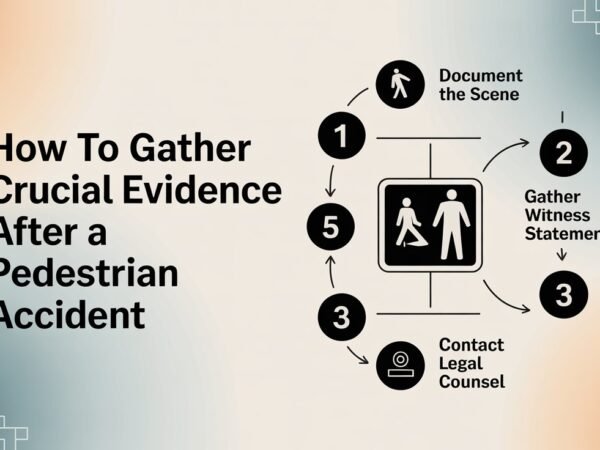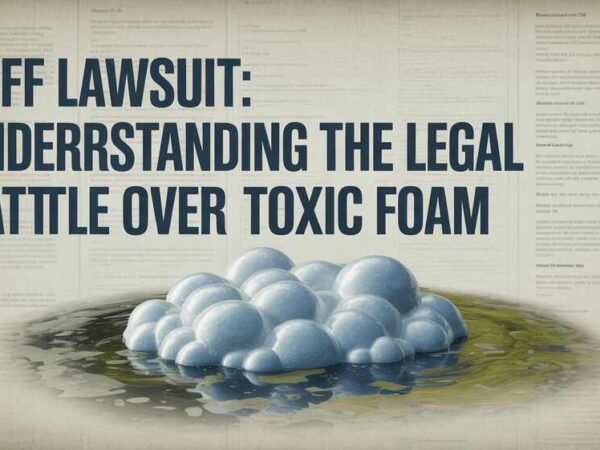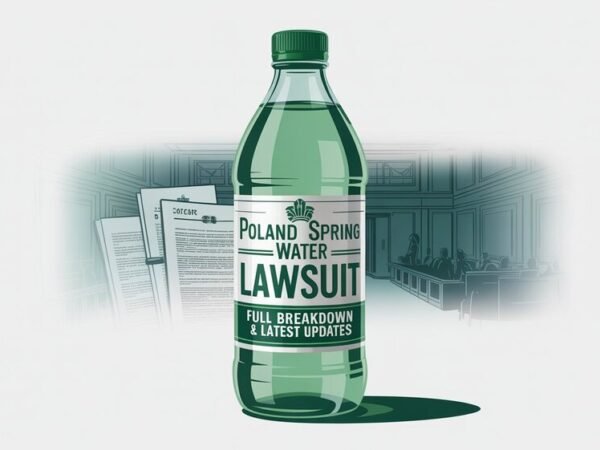Michigan permits open carry of firearms, allowing residents and visitors to legally carry guns in plain sight without concealing them. Open carry laws are a significant area of interest, as the state imposes specific guidelines and restrictions despite the general allowance. This guide outlines the essentials of Michigan’s open carry laws, including rules, locations, and situations where open carry is permitted or restricted.
What Does “Open Carry” Mean in Michigan?
In Michigan, “open carry” refers to carrying a firearm in public where it is visible to others. Under certain conditions, the state allows residents to open carry without needing a concealed pistol license (CPL). While handguns are the most commonly carried firearms in this manner, long guns, such as rifles and shotguns, are less frequently seen in public.
Most individuals who legally own a firearm can carry it openly in many public spaces. However, there are restrictions on the types of weapons and locations where open carry is permitted, emphasizing the importance of understanding the specific legal framework.
Age and Eligibility Requirements
Open carry in Michigan is allowed for individuals aged 18 or older who meet legal firearm ownership requirements. While a CPL is not required for open carry, individuals must adhere to all other regulations, such as undergoing background checks and meeting mental health standards.
Specific individuals, such as those with felony convictions or specific misdemeanors, are prohibited from owning or carrying firearms. Additionally, restrictions apply to those whose mental health status may pose a danger to themselves or others. These safeguards are designed to ensure responsible firearm ownership and use.
Locations Where Open Carry Is Permitted
Open carry is generally allowed in many public areas across Michigan, such as sidewalks, parks, and retail stores. If the firearm is visible and the individual is legally eligible to possess it, they may carry it openly in these spaces.
However, private property owners retain the right to restrict firearms. Businesses, restaurants, and other establishments can prohibit firearms and ask individuals to leave if necessary.
Certain areas, designated as “gun-free zones,” have stricter regulations. These include:
- Schools and school property: Firearms are prohibited unless explicit permission is granted.
- Daycare centers: Carrying firearms in these locations is generally restricted.
- Hospitals and healthcare facilities: Many medical centers are classified as gun-free zones.
- Places of worship: Churches, mosques, synagogues, and similar institutions may restrict firearms.
Individuals are encouraged to research and understand the regulations governing public spaces and private properties where firearms are restricted.
Exceptions and Restrictions
Although open carry is broadly permitted, specific scenarios may result in temporary restrictions. Public events or densely populated areas may prompt heightened law enforcement attention to ensure safety. Law enforcement officers may engage with individuals carrying firearms to confirm their compliance with the law.
Additional restrictions may apply during government-sponsored events or on government property. Local ordinances and regulations can further impact where and how firearms may be carried. Staying informed about such nuances helps individuals navigate the complexities of Michigan’s firearm laws.
Carrying Firearms in Vehicles
Carrying firearms in vehicles is a common area of confusion under Michigan’s open carry laws. In Michigan, a gun inside a car is considered concealed, even if visible from the outside. As such, individuals without a CPL cannot legally transport loaded firearms in vehicles.
For those without a CPL, firearms must be unloaded and stored securely in the trunk or a locked container. Individuals with a CPL, however, are permitted to carry loaded handguns in vehicles. Adhering to these regulations is essential to avoid legal consequences, such as fines or more severe penalties.
Concealed Pistol License (CPL) and Its Benefits
Although a CPL is unnecessary for open carry, obtaining one provides additional flexibility and benefits. For example, CPL holders can carry loaded firearms in vehicles and possess concealed firearms in areas where open carry might not be practical.
Obtaining a CPL in Michigan involves completing a training course and passing background checks. Pursuing a CPL can be a worthwhile step for individuals seeking to expand their options for carrying firearms.
Interactions with Law Enforcement
Those carrying firearms openly in Michigan may occasionally encounter law enforcement officers. In such situations, remaining calm, cooperative, and respectful is crucial. Officers may initiate a “Terry Stop” if they have reasonable suspicion, even if the individual is lawfully carrying a firearm.
Compliance and clear communication can ensure that interactions remain civil. Avoiding sudden movements and following instructions can prevent misunderstandings and de-escalate potential tensions.
Trusted Resources: ICB Firearms
Resources such as ICB Firearms provide valuable guidance for those seeking reliable information on Michigan’s open carry laws, firearm purchases, or CPL requirements. ICB Firearms offers expert advice and a range of services to assist individuals in navigating Michigan’s firearm regulations.
Whether looking to purchase a firearm or clarify legal requirements, ICB Firearms is a trusted resource for Michigan residents and visitors.
Conclusion
Michigan’s open carry laws allow individuals to exercise their firearm rights in many public spaces. Understanding the rules, age requirements, and location-specific restrictions is essential for staying within the law’s bounds.
Firearm owners can responsibly enjoy their open carry rights by following regulations regarding vehicle transport, private property rights, and interactions with law enforcement. ICB Firearms provides support and expertise for more comprehensive guidance, helping individuals make informed decisions about firearm ownership and use.
Do Read: 10 Essential Qualities to Look for in a Criminal Lawyer













